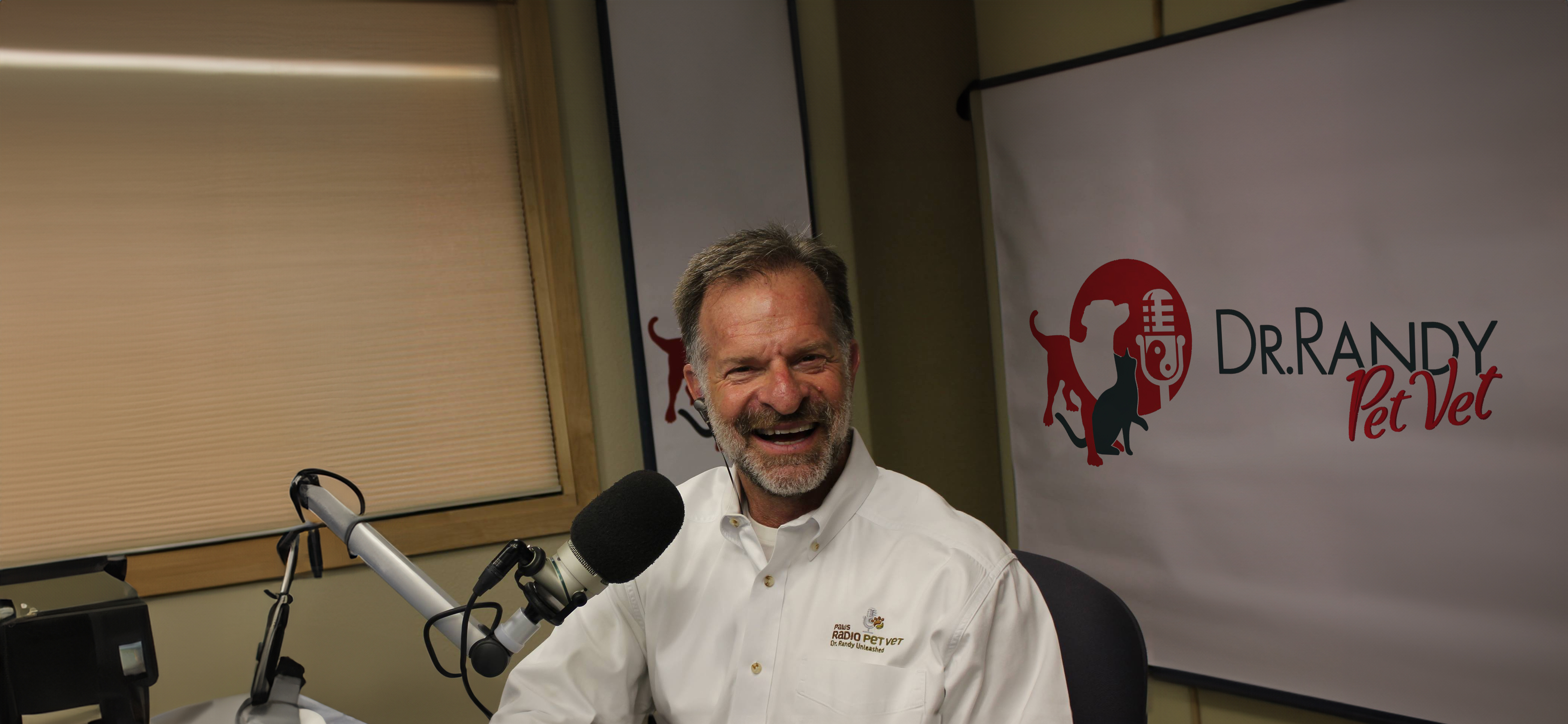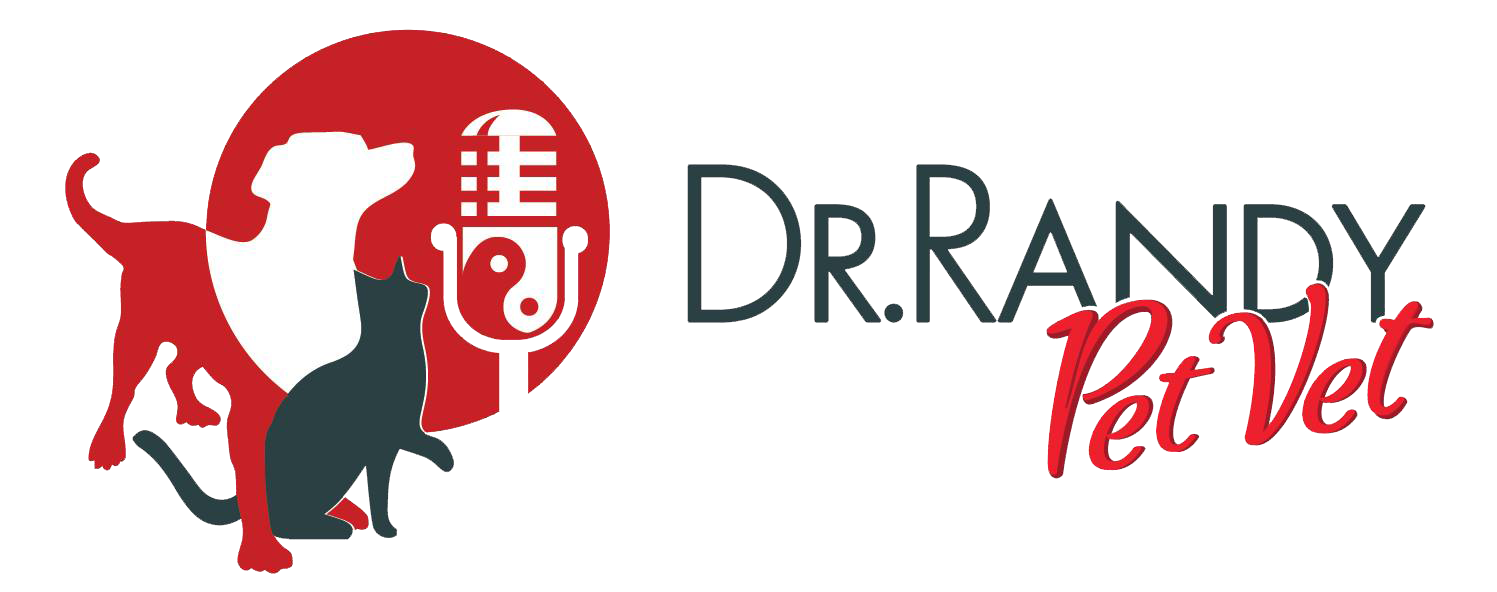How the Microbiome Influences Wellness and Longevity
When considering the health of our pets, it’s easy to focus solely on their diet as the cornerstone of good health. However, an equally important aspect is the microbiome, which plays a critical role in not just their digestion but their overall health. As a vet, I find that understanding and managing the microbiome is crucial, especially when dealing with the common issues that bring pets into my clinic. I also need to caveat here if you have not yet read my article on diet, I highly recommend doing so as these two topics go hand in hand.
Understanding the Microbiome in Pets
The microbiome refers to the vast community of bacteria, fungi, viruses, and other microbes that live on and inside your pets, primarily in their guts. This complex system is not only responsible for helping digest food but also plays a vital role in protecting your pets against diseases, regulating the immune system, and even maintaining their skin and coat health.
Why the Microbiome Matters
A robust microbiome supports a stronger immune system, better digestion, and more efficient nutrient absorption. It also plays an indirect role in mood regulation.
In pets, as in humans, a healthy gut can contribute to a shiny coat, good skin health, and more energy. On the other hand, an unhealthy gut microbiome can lead to a host of issues, including the very skin and gastrointestinal problems that are so common in veterinary practices. In fact, it might shock you to know half of all the pet visits at my clinic are due to diarrhea or skin issues, which often stem from or result in a disrupted microbiome.
What is Leaky Gut Syndrome
If you’re on social media, chances are you’ve come across a number of videos trying to sell you some product to “heal your leaky gut.” Most people don’t really know what this means when they hear it – which is why I want to take a quick second to explain what it is and why it matters.
Leaky gut syndrome refers to a condition where the lining of the intestine becomes damaged, allowing toxins, microbes, and undigested food particles to “leak” through the intestines into the bloodstream.
Your gut and your pet’s gut is lined with a single layer of cells, which we call the epithelial layer. This layer of cells is designed to form a tight barrier that controls what gets absorbed into the bloodstream. This barrier is selectively permeable, which means it does allow some substances to pass through while keeping others out. Water, electrolytes, and nutrients, for instance, are meant to pass easily through this lining – while pathogens, toxins, and large, undigested food particles should be blocked by this epithelial barrier.
A leaky gut can be caused by a number of things, including:
- Chronic Inflammation: Chronic inflammation in the gut can lead to the breakdown of the barrier functions of the intestinal wall. Inflammatory responses can be triggered by food sensitivities, infections, or chronic stress.
- Dysbiosis: This refers to an imbalance in the gut microbiota, where harmful bacteria outnumber beneficial bacteria. Dysbiosis can disrupt the mucosal lining of the gut and contribute to the weakening of the tight junctions. This is incredibly common nowadays due to antibiotic overuse. While antibiotics may be necessary in some cases, they are very hard on the gut because they kill all bacteria (good and bad), which can lead to dysbiosis.
- Diet and Environmental Factors: Diets high in processed foods, sugars,and other harmful foods can contribute to the development of a leaky gut. Environmental toxins like pesticides and medication can also damage this gut lining.
Once the integrity of the gut barrier is compromised, these substances which should not pass through the barrier into the bloodstream do so, which triggers an immune response. The immune system kicks into overdrive, attacking the foreign particles, which creates inflammation. Inflammation can cause a whole host of effects like allergies, chronic gastrointestinal issues, skin conditions, etc.
Healing this barrier, and maintaining its health, is therefore extremely important for both overall wellness and longevity. Additionally, a lot of recent studies have shown that the health of the gut microbiome is intricately linked to brain health through what is known as the gut-brain axis. This connection means that the state of the gut can directly affect your pet’s mood and behavior.
How can I help my pet develop a healthy microbiome?
Because inflammation can deeply impact your pet’s microbiome, it’simportant for us to begin by understanding and eliminating potential dietary triggers.
Step 1: Identify Food Sensitivities
Most of us know the foods we absolutely cannot feed our pets – like chocolate, grapes, and garlic. But, just like us humans, each pet has a unique system that will react to different foods in different ways.
Much like humans, dogs can be sensitive to foods that are not inherently bad. That sensitivity will have an impact on their gut health – which is why it’s so important to understand your pet’s unique food sensitivities. At PAWS, we really like the NutriScan Food Sensitivity Test. This test can be done in the comfort of your own home and is used to detect these food sensitivities, so you can eliminate their triggers.
Step 2: Fecal Microbiome Transfer (FMT)
If diet adjustments and standard treatments aren’t enough to resolve your pet’s gut issues, fecal microbiome transfer (FMT) is a safe and effective option. This process involves transplanting gut bacteria from a healthy donor into the gastrointestinal tract of a recipient to restore the balance of bacteria.
FMT is primarily done to repopulate the gut microbiome with beneficial bacteria, which can outcompete harmful bacteria and re-establish a healthy microbial balance. This is particularly effective for pets suffering from chronic gastrointestinal disorders, certain infections, and even some skin conditions linked to microbiome imbalances.
Fecal Microbiome Transfer sounds a bit disgusting, but thankfully it is most commonly administered through capsules or powders, which are designed to deliver the donor microbes directly to the gut without being digested.
In my practice, I use AnimalBiome. Pets do a simple fecal test to determine dysbiosos, and then are treated using either their freeze-dried FMT products administered by enema, or orally in capsule form.
For humans, this treatment can be incredibly costly, with the first treatments priced around $17,500. However, for pets, this treatment is much more accessible, costing approximately $100 per month (if administered in capsule form). This makes FMT a practical and relatively inexpensive option for pet owners looking to address severe or persistent microbiome-related health issues.
While diet forms the foundation of your pet’s health, a balanced microbiome is equally vital to ensure they lead a full and vibrant life. Just as our health starts in the gut, so does theirs. The majority of chronic health issues I treat – like diarrhea, skin conditions, allergies – are all rooted in an unhealthy microbiome. When we address these issues either by eliminating certain foods, or through Fecal Microbiome Transfer, we restore the health of the gut. Once the gut is healthy, these chronic issues may resolve on their own.
When gut health is restored, it is a welcome relief to many pet owners who have spent hundreds or maybe even thousands of dollars on medication and costly vet visits and diagnostic tests with little to no results. I love being a part of these stories, and I love hearing these stories – which is why I would like to invite you to join the conversation by sharing your story on my social channels (whichever you use to follow me).
While you’re over there, don’t forget to like and follow me on social media to stay updated, and please, send in your questions by filling out our contact form, or dropping me a message on my socials.



